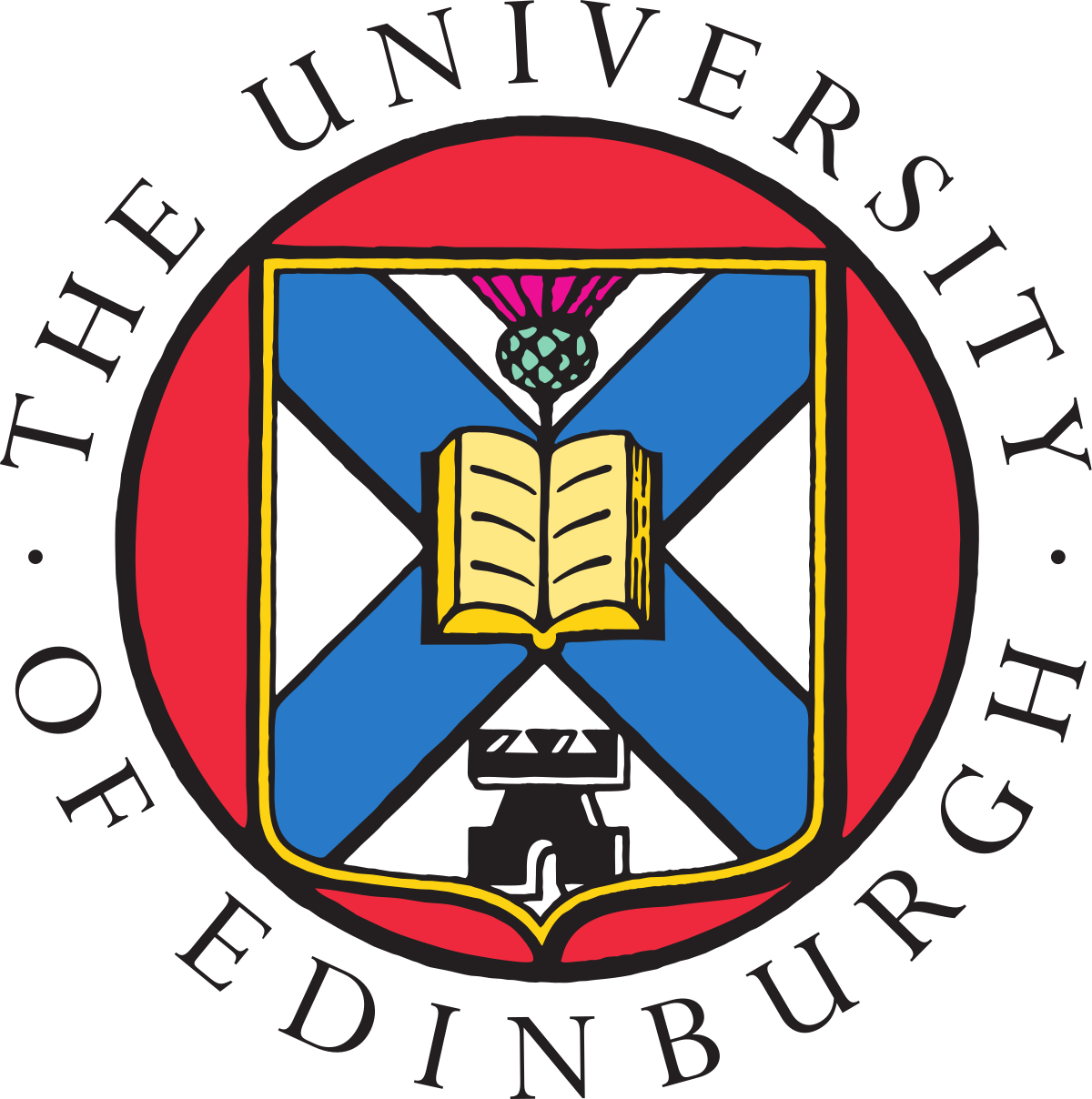University Of Edinburgh partners on project to help businesses and communities
CircHive – a €11.5m Horizon Europe project – aims to help organisations make more informed decisions that protect ecosystems, enhance biodiversity and unlock new opportunities for society and businesses.
L-R: Theodor Cojoianu, Marc Metzger and Yvonne Edwards
(L-R) Theodor Cojoianu, Marc Metzger and Yvonne Edwards who are leading on University of Edinburgh’s projects that have received funding through CircHive
The project will work with partners to provide a more comprehensive approach to valuing nature and mainstream the use of biodiversity footprinting and natural capital accounting.
As a partner, the University has received £1.2 million to co-ordinate case-study research, focusing on green cities, investor hubs, and contributing to developing natural capital and biodiversity footprinting methods.
Biodiversity footprinting approaches will also be tested in conjunction with the University’s net zero project to restore peatlands and expand forests in Scotland.
Nature value
Nature provides invaluable services such as clean air and water, fertile soil, pollination, erosion and flood control, and climate regulation.
The EU Biodiversity Strategy for 2030 and the newly adopted Global Biodiversity Framework have both called for increased action to value nature and address the challenges of climate change and biodiversity loss together.
These challenges need to be tackled jointly; climate change can accelerate the loss of biodiversity, while biodiversity is essential for maintaining ecosystems that help us to mitigate and adapt to climate change.
Having the University as a case-study for the CircHive project will help us to deliver our own ambitions to prevent and reverse nature loss – something we have already pledged to do as a founding signatory for Nature Positive Universities Alliance.
Dave Gorman
Director of Department for Social Responsibility and Sustainability, the University of Edinburgh
Joint challenge
The University’s commercialisation service, Edinburgh Innovations, worked to bring the institution’s case-studies together and help them qualify for the Horizon EU funding.
The University joins 15 research and 10 case-study partners, including the Institute for European Environmental Policy, the European Forest Institute and The City of Edinburgh Council.
During the five-year project, CircHive’s partners will bring together the latest scientific methods with organisations looking to develop sustainable business models.
CircHive will also work closely with other businesses and cities to develop Biodiversity Excellence of Enterprises (BEEHive), a new community open to any organisation interested in learning how to measure and manage their impact on nature.
Members of BEEHive will collaborate in the development and testing of CircHive’s outputs and will receive support in developing sustainable management practices.
CircHive is an exciting opportunity for collaboration with partners across Europe, while also strengthening research ties between the University’s School of GeoSciences, the Business School and the Department for Social Responsibility and Sustainability.
Professor Marc Metzger
Director of the Centre for Sustainable Forests and Landscapes, School of GeoSciences, the University of Edinburgh

